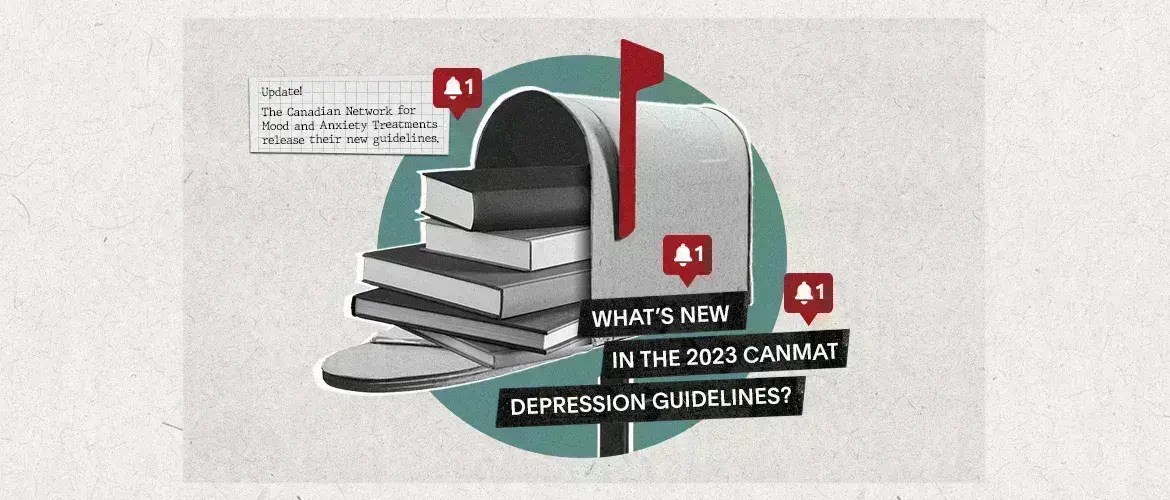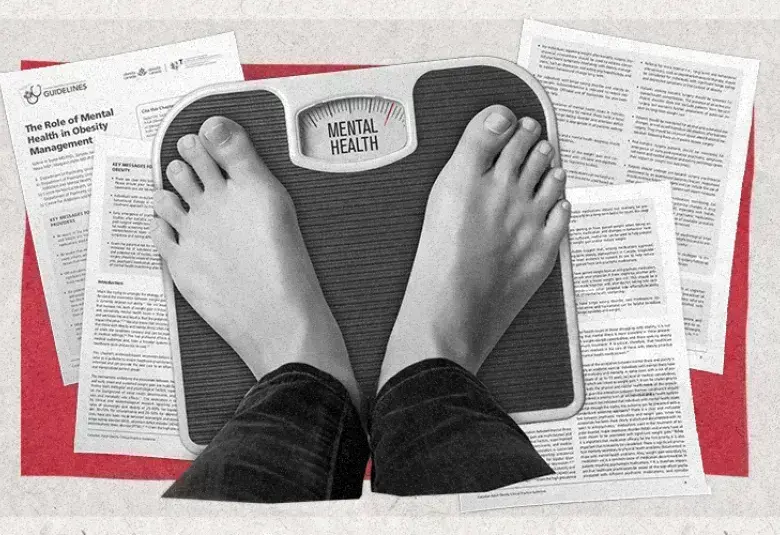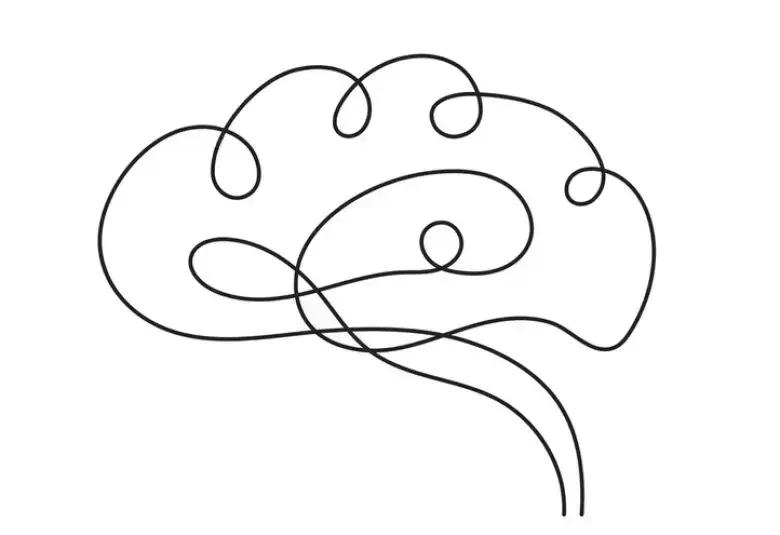Lead authors of the Canadian Network for Mood and Anxiety Treatments (CANMAT) guidelines committee offered a ‘sneak peek’ of the highly anticipated 2023 major depressive disorder (MDD) guidelines update at the annual Canadian Psychiatric Association (CPA) conference in Vancouver on October 20th, 2023. Key changes to the guidelines were showcased to a packed room of attendees, many of whom had standing room only for the 60-minute session.
The 2023 CANMAT MDD guidelines provide an important update to the previous 2016 guidelines, incorporating the considerable body of literature that has been published in the last 8 years. Indeed, more than 700 studies were included (published between 2015 to May 2023), covering the gamut of topics relevant to clinical depression management. Dr. Raymond Lam, one of the core editors of the 2023 guidelines, remarked that it would be impossible for clinicians to keep up with the pace of new evidence and data generation.
Guidelines help clinicians stay abreast of a rapidly expanding body of literature
Like the 2016 guidelines, the 2023 update follows the same methodology for defining level of evidence ratings for clinical data and lines of treatment recommendations. One of the key features that has made the CANMAT guidelines consulted worldwide is its inclusion not only of evidence-based data, but also clinical support based on expert opinion. This brings a practical element to the guidelines that helps generalize evidence to real-world clinical practice.
Like the previous iteration, the 2023 update utilizes a practical Q&A format to cover the MDD patient journey from screening and diagnosis through to treatment selection and optimization.
The 2023 CANMAT MDD guidelines retain the popular Q&A format
Recommendations for initial treatment of MDD
Dr. Lena Quilty reviewed initial treatment selection recommendations for adults with MDD. The first-line recommendations for psychological treatments in 2023 are unchanged from the 2016 guidelines, but a few additions have been made to second- and third-line options, including mindfulness-based cognitive therapy (MBCT), short-term psychodynamic therapy (SPTT), and transdiagnostic psychological treatment of emotional disorders (all second-line recommendations), and metacognitive therapy (MCT) (third-line recommendation).
In terms of pharmacotherapy treatments, there are now 16 different medications recommended as first-line agents for MDD in adults, and they were selected on the basis of offering the greatest evidence for efficacy and safety.
New formats for psychological treatment such as digital interventions could increase accessibility to a broader population of patients with MDD
Selection of an initial strategy can be tailored to depression severity and specific clinical circumstances. For mild MDD, either psychological or medication therapy can be selected as first-line, based on patient preferences, availability, and other factors including cost. For moderate MDD, there is a lack of evidence to support one strategy over another, and there is a need for more research to guide the optimal selection between psychological and pharmacotherapy as a first-line approach. For severe MDD, initiation of antidepressant therapy is favoured with consideration for a combined sequential or simultaneous approach that includes psychotherapy.
Medications with the best balance of efficacy and safety are recommended as first-line agents
Treatment monitoring
The 2023 CANMAT guidelines for MDD continue to advocate for measurement-based care. Several validated scales are available, and Dr. Camelia Adams advised that whichever scale or clinical measure is used (i.e., Patient Health Questionnaire-9, Beck Depression Inventory etc.), it is important to use it regularly, review scores with patients, and use the scores to make collaborative decisions about next steps in the treatment plan. Importantly, scales do not replace clinical assessment, and a combination of both is ideal for monitoring a patient’s progress and/or recovery.
Measurement-based care can be conceptualized as the equivalent of lab tests for mental health
Beyond initial treatment: What to do next
Dr. André Do reviewed strategies to maintain remission and prevent recurrence of major depressive episodes. Most of the available literature has focused on maintenance pharmacotherapy, however, there is emerging evidence for a sequential treatment model. This entails adding or switching to psychotherapy after achieving remission on pharmacotherapy.
A sequential approach to maintenance therapy can reduce the risk of relapse, improve patient well-being, and target residual symptoms
That being said, strategies for pharmacotherapy maintenance continue to evolve. In 2016, CANMAT recommended continuing pharmacotherapy for 6 to 9 months after achieving remission, but the 2023 guidelines recommend extending this period to up to 12 months. Patients with risk factors for recurrence should continue treatment for at least 2 years, and many patients may require a longer duration of treatment.
Major risk factors for MDD recurrence and relapse include history of childhood maltreatment, residual symptoms, multiple prior MDD episodes, and comorbid anxiety
Dr. Sidney Kennedy addressed the clinical challenge of what to do when a patient has difficult-to treat MDD that is not responding adequately to an initial treatment. Reviewing the diagnosis, assessing adherence, and looking for comorbidities that could be impeding clinical recovery is an important first step. Dose optimization of the chosen medication is an appropriate second step, but if this still fails to produce the expected outcomes, it may be time to switch or add an adjunctive agent. Dr. Kennedy remarked that adjunctive treatments are not restricted to antidepressants – other medication classes also have evidence for efficacy as add-on therapy including atypical antipsychotics, stimulants, and mood stabilizers, albeit with differing levels of supportive evidence.
There is a shift towards earlier use of adjunctive therapy instead of cycling through multiple rounds of monotherapy
The guidelines update is currently being finalized with an anticipated publication in the Canadian Journal of Psychiatry in early 2024.
Our correspondent’s highlights from the symposium are meant as a fair representation of the scientific content presented. The views and opinions expressed on this page do not necessarily reflect those of Lundbeck.




